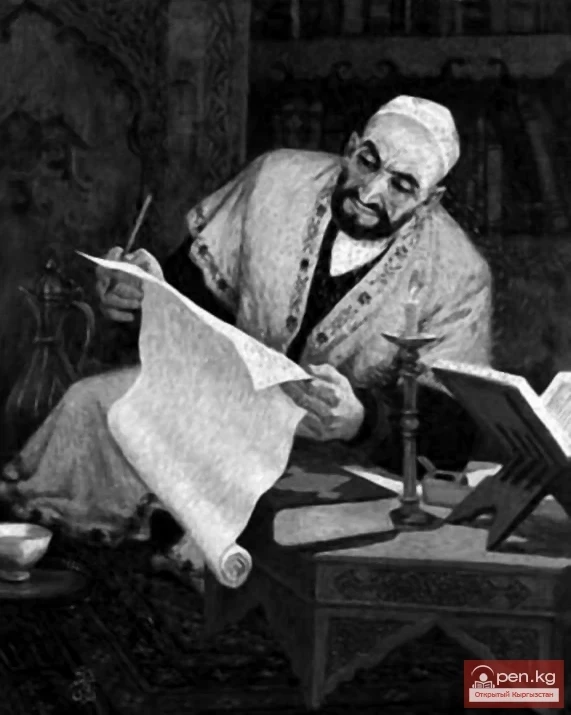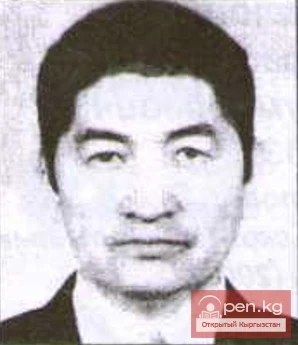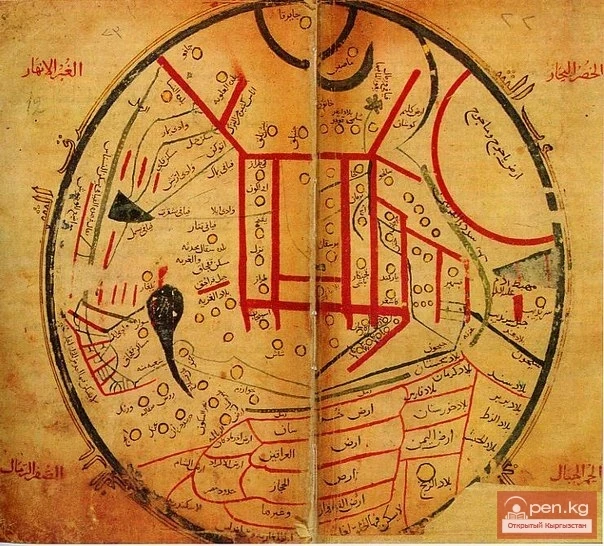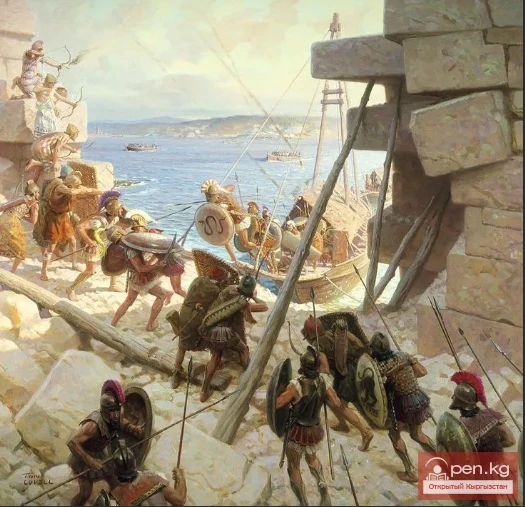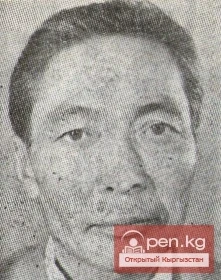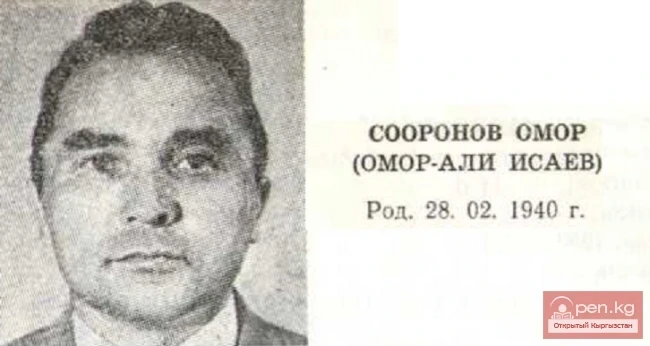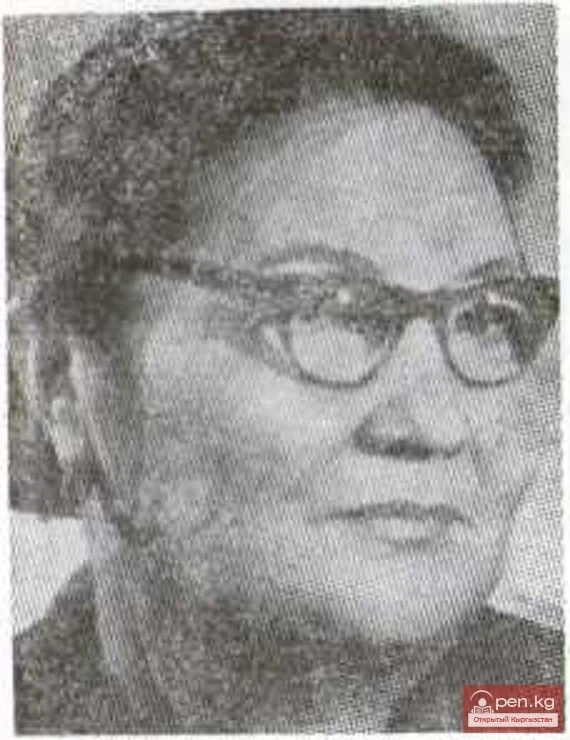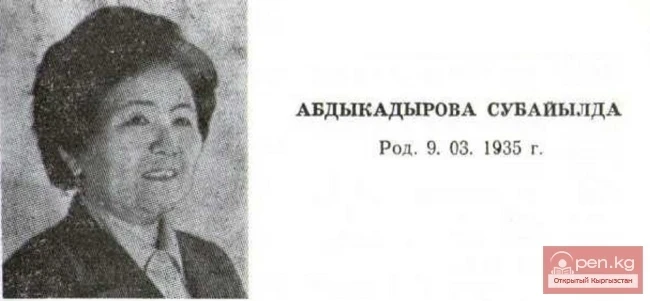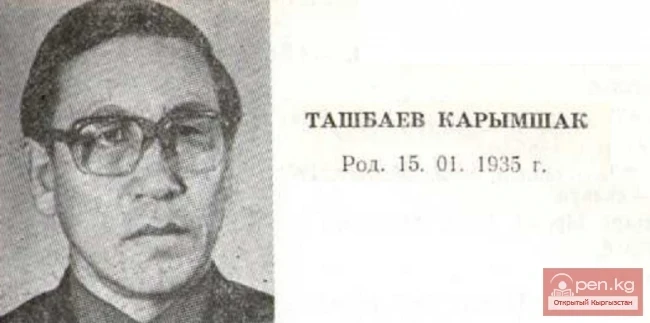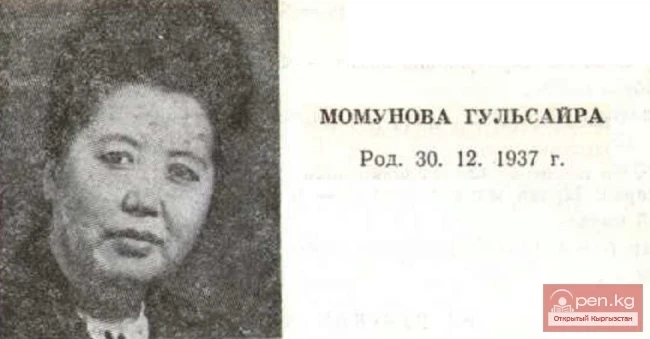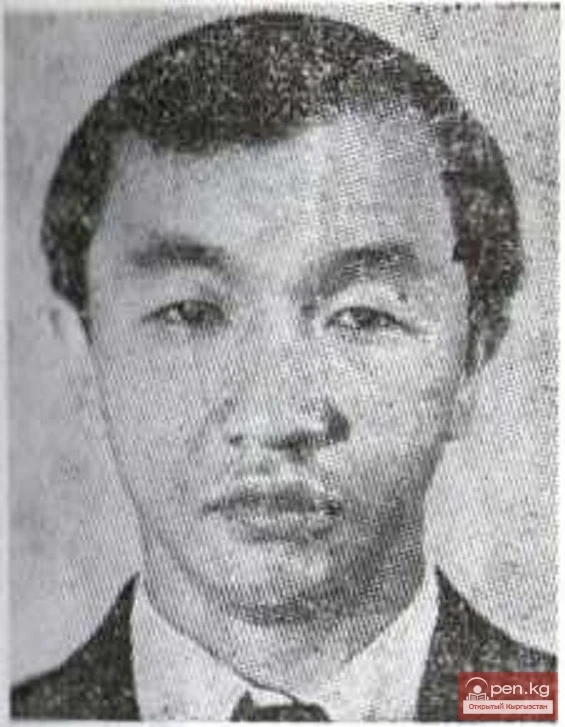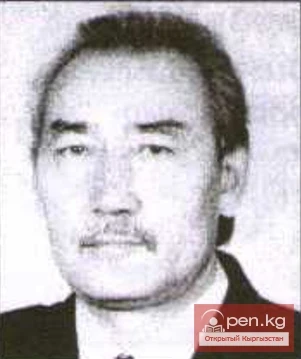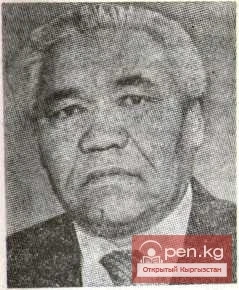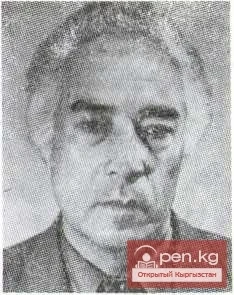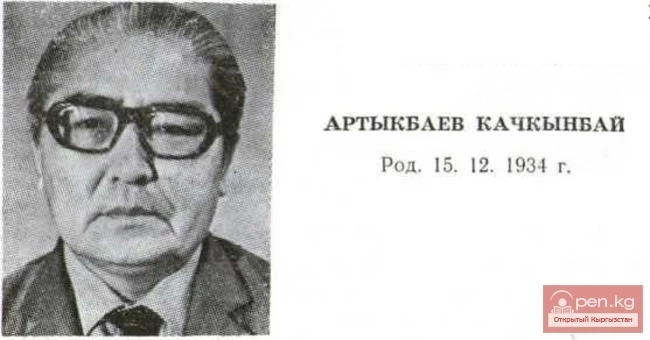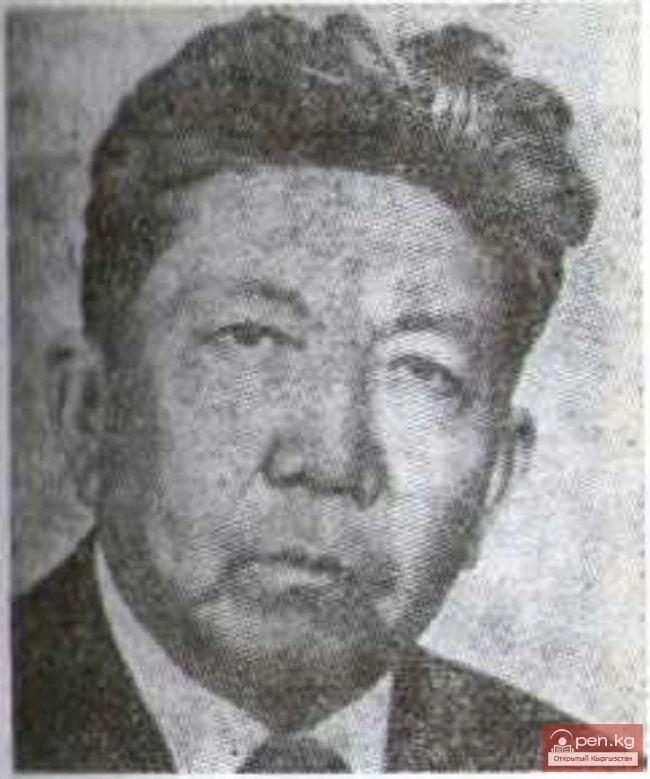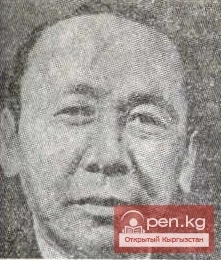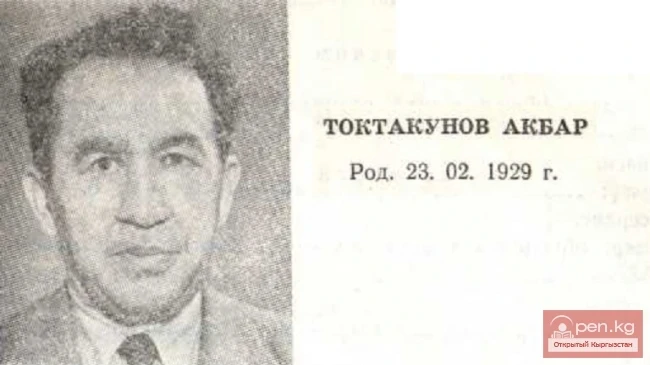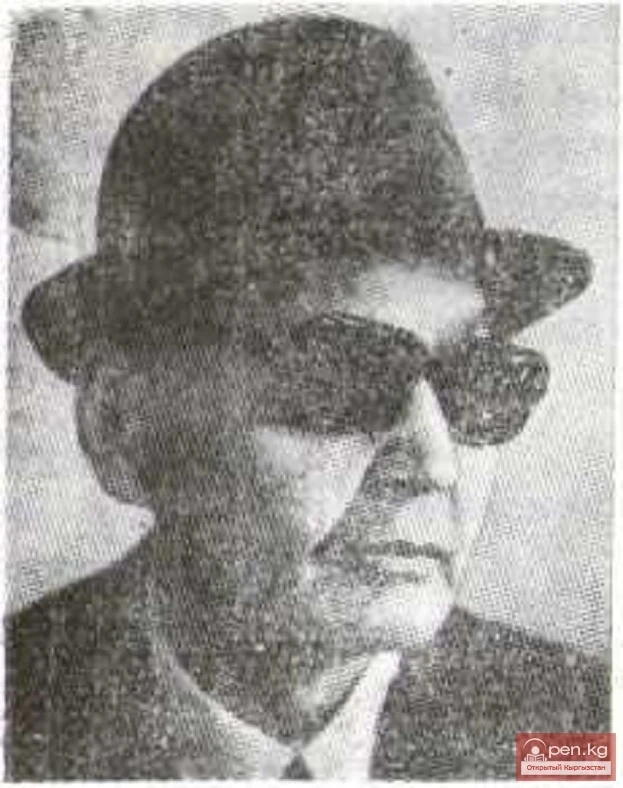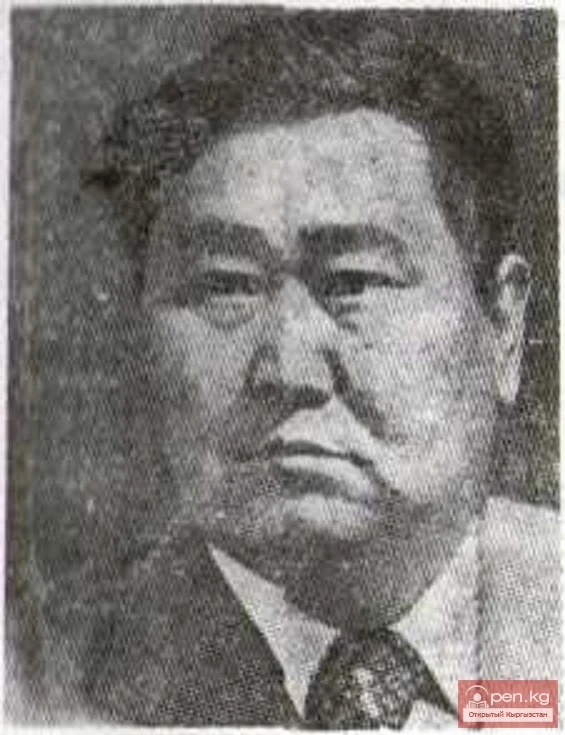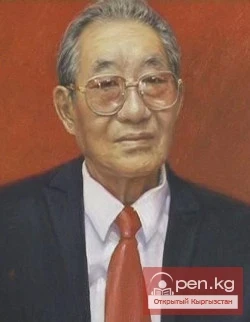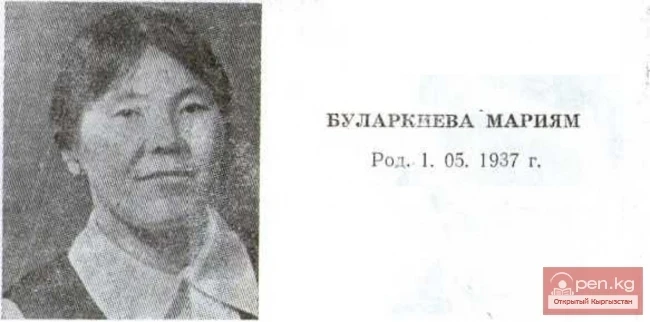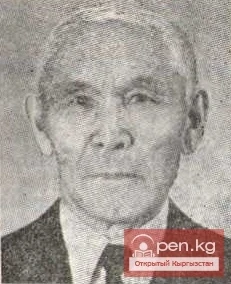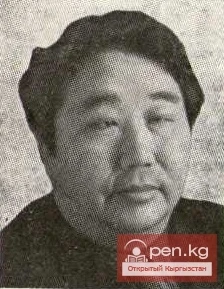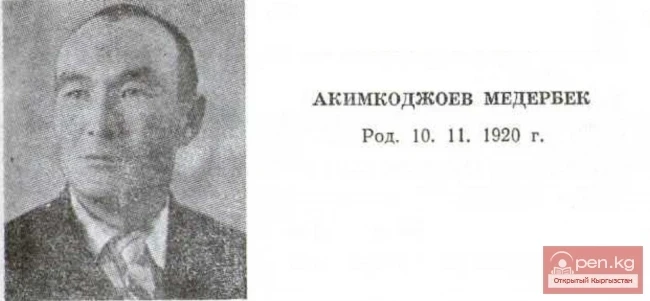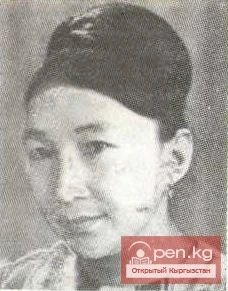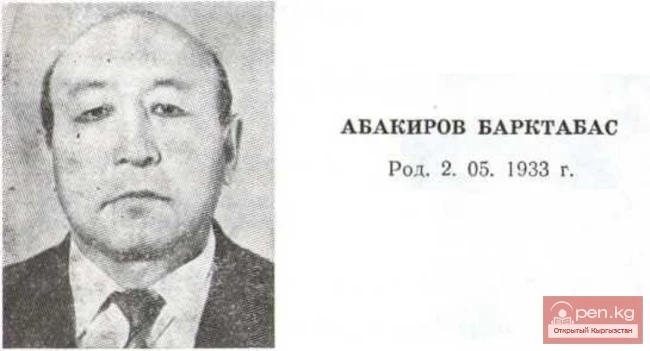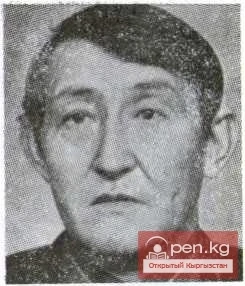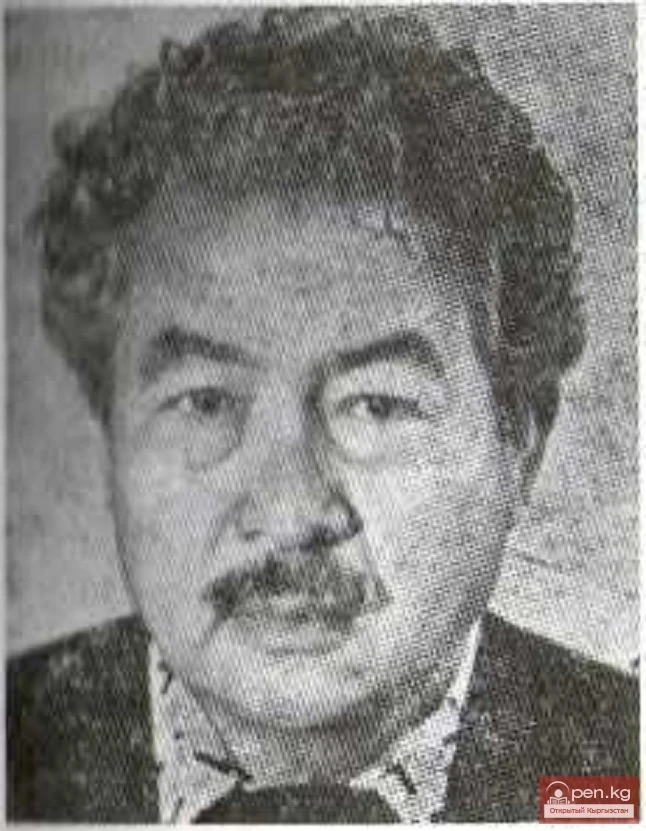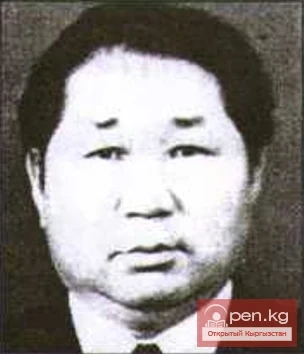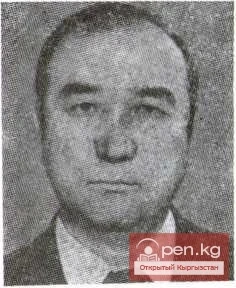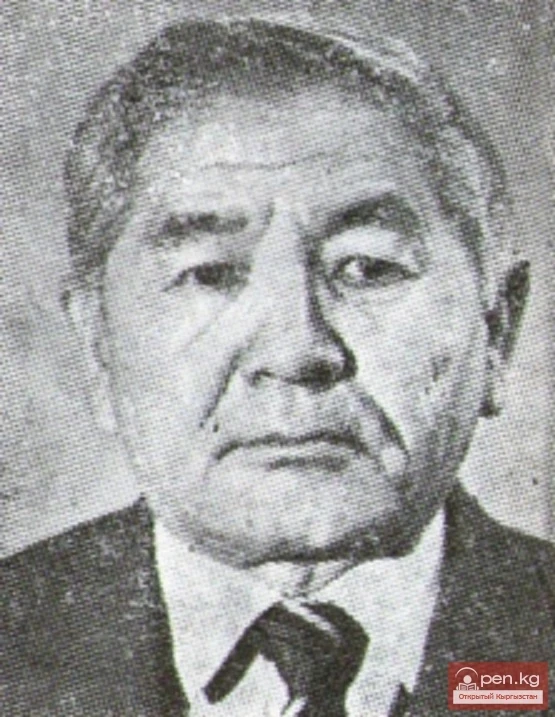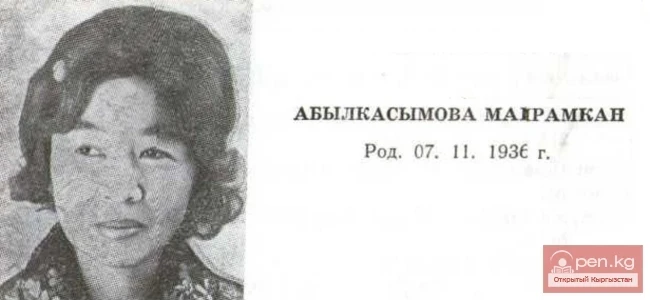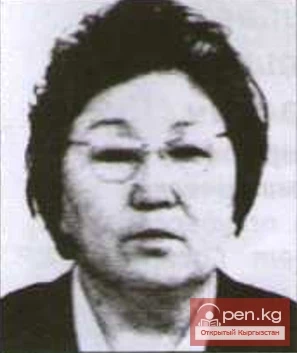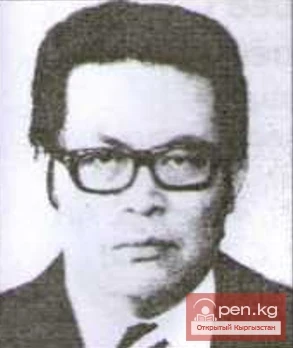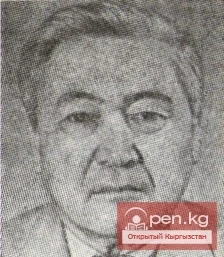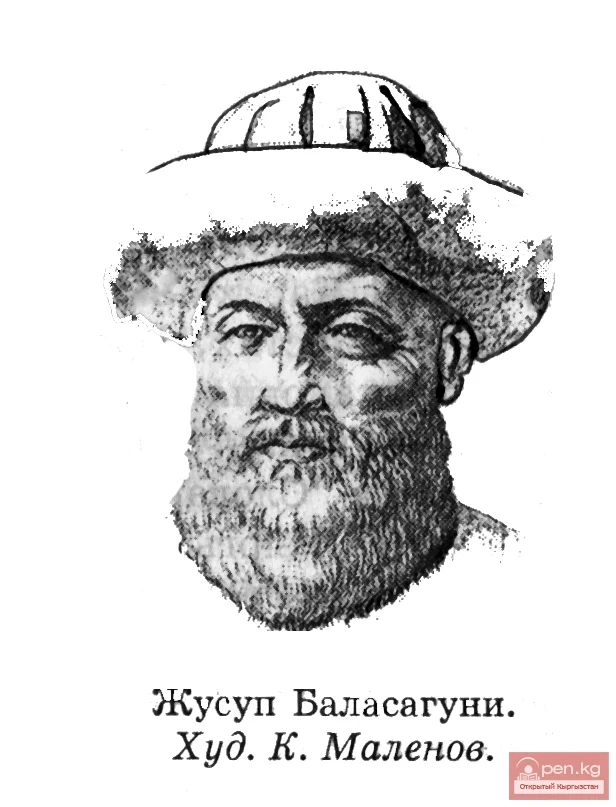
During the era of the Karakhanid khanate, Turkic peoples achieved significant progress in science and artistic culture. The lives and activities of two of the most renowned scholars and thinkers - Mahmud Kashgari and Jusup Balasaguni - are closely associated with this historical period of Kyrgyz development.
Mahmud Kashgari (Barskhani) and his legacy. The first Turkic scholar-encyclopedist of medieval Transoxiana — a linguist and lexicographer, ethnographer and folklorist, historian and geographer — Mahmud Kashgari was from the lineage of the founder of the Karakhanid state. His father, Hussein ibn Muhammad, was the ruler of the city of Barskhan, located on the southern shore of Issyk-Kul; later, he moved to the first capital of the Karakhanid khanate — the city of Kashgar.
Of the two books written by Mahmud Kashgari between 1072 and 1077, only one has survived to this day - "Dictionary of Turkic Languages" ("Divan lugat at-turk"). This book was translated in 1226 by Muhammad as-Savi from the Old Turkic language, and it was printed many centuries later — only in the early 20th century. It is now published in Turkish, Uzbek, English, and Uyghur. In Mahmud Kashgari's "Dictionary," proverbs, sayings, samples of folk poetry, and diverse Turkic folklore are collected. It contains historical and geographical information about the Turkic peoples living within the Karakhanid khanate, its armies, localities, cities, and settlements. Thanks to his data, scholars have established that the eastern part of the khanate was inhabited by the Chigil, Yagma, Argu, Tukhsi, Kipchak, Sogdian tribes, and others. The Kyrgyz are mentioned five times in the "Dictionary" as one of the Turkic tribes.
A significant scientific interest for us is the geographical map of the world compiled by Mahmud Kashgari. It depicts Lake Issyk-Kul, the cities of Balasagun, Barskhan, Kashgar, and other localities of medieval Kyrgyzstan.
The homeland of Jusup Balasaguni. 13 kilometers south of the modern city of Tokmok, located in the Chuy Valley, stands the Burana Tower (from the Arabic "minara" - a tower with signal lights). As established by historians and archaeologists through years of diligent work, this tower was a watchtower of the city of Balasagun — the capital of the Karakhanid state.
The ancient city of Balasagun is of immense interest to us also because it is the birthplace of our most famous compatriot — the poet and thinker Jusup Balasaguni, who lived in the 11th century.
Until the 13th century, Balasagun was the cultural and political center of the eastern Turkic peoples. Evidence of this is the Great Silk Road that passed through it. Unlike other cities in Central Asia, Balasagun did not suffer during the invasion of Genghis Khan's troops. On the contrary, the Mongols gave it a new name — Gobalyk (good city).
The hometown of Jusup Balasaguni existed until the 14th-15th centuries. However, by then it had already lost its significance as a developed and leading city in the region. Nevertheless, the memory of it is preserved in the name of the great Jusup Balasaguni.
History has left little information about this man. It is known that Jusup Balasaguni was born in 1015-1016. He was one of the most educated people of his time — well-versed in geography, history, and philosophy.
The poem "Blessed Knowledge" ("Kutadgu Bilig", Turkic). The poem "Blessed Knowledge, or The Science of Governance" by Jusup Balasaguni is the first Turkic literary work. He began writing it in Balasagun and completed it in Kashgar. The poet worked on his creation for a year and a half, and when he finished, he presented it as a gift to the ruler of Kashgar, Tamgach Bogra Khan Abu Ali Hasan. The khan understood the profound meaning of the poem. As a sign of high appreciation and gratitude, he bestowed upon the poet the highest court title - ulugh has-hajib.
The poem is written in vivid language — in the form of dialogues, sayings, and admonitions, and it features deep content. It covers various aspects of human and societal life: it teaches governance and politics, explains the meaning of human life. The author, who had a profound understanding of human psychology, spoke about matters that concern everyone — about truth, happiness, wisdom, patience, and simplicity, about how a person should behave, what obligations he has, and what qualities he needs to develop within himself:
Understand what the insightful man said,
A wise word is a joy for the soul:
There are things that ruin us, destroying the soul,
Whoever is close to them, destroys himself.
One thing is the tongue, whose joy is slander,
Another is to give a word and break a promise.
And a third is the love of intoxicating drinks,
And it is clear: its outcome will be bad.
Stubbornness is also a malicious harm,
There is no love or respect for the stubborn.
Another evil is to be wicked, vile,
To quarrel with all people in smoke.
Another one - a malicious tongue, like the wind,
Able to drive away a conversation partner in an instant.
A significant portion of "Blessed Knowledge" is devoted to admonitions and teachings about the importance of learning, knowledge, and the benefits of mastering sciences. He emphasizes that if a child strives for knowledge from an early age and is persistent, then, upon maturing, he will easily achieve his set goals, and that only a wise person filled with noble desires can govern a state:
Learning is a light in the dark night,
From the light of knowledge, you shine with your forehead.
Through learning and knowledge, you will reach heights,
And these two blessings bring honor.
To one who is educated in his early years,
With time, the fulfillment of desires will come.
Persistence in learning brings reward,
Knowledge and valor, good deeds.
Scholars are given nobility,
Only the knowledgeable can be a ruler.
The poem concludes with reflections on what should be considered happiness:
"Happiness is in the high, not in the low, because it is born from the components of good noble qualities - justice, generosity, truthfulness, success, wealth, conscience, satisfaction. A happy person is wise, merciful, compassionate, sincere, generous, and noble.
A happy home is a home that is bright, warm, and full of abundance; where parents smile joyfully, children play happily; a home that is filled with grace from the threshold to the honored place.
A happy state is a state where the ruler is just, the people are calm and united. The banner flies high, people are hardworking, resourceful, and the borders are fortified.
A happy land is a land where the sun is generous, the air is invigorating, the water is clear, the fields and meadows are fertile, the hills and plains are in bloom, where there is plenty for beasts and animals - on the cliffs the rock partridges whistle, the slopes of the mountains are covered with forests!"
All this resonates with our time, all this concerns us, living many centuries later. This is where the eternal value of the work of Jusup Balasaguni lies.
